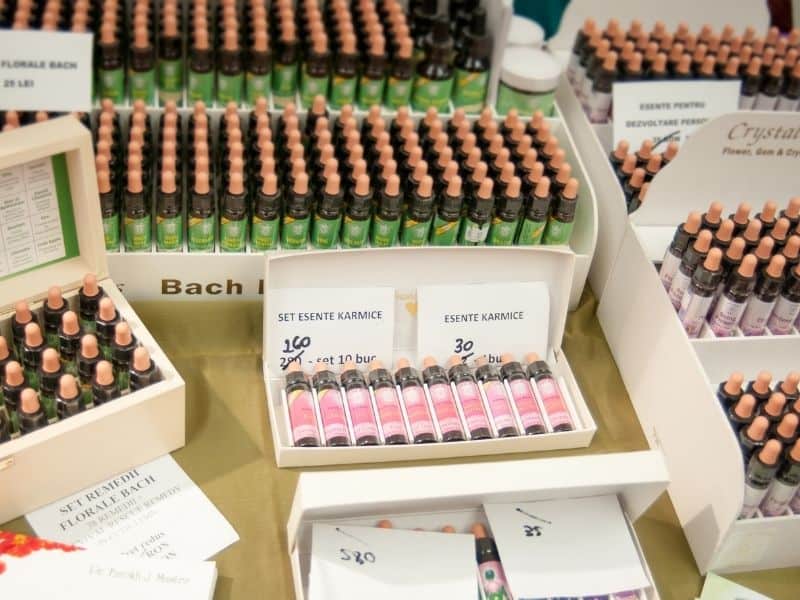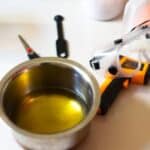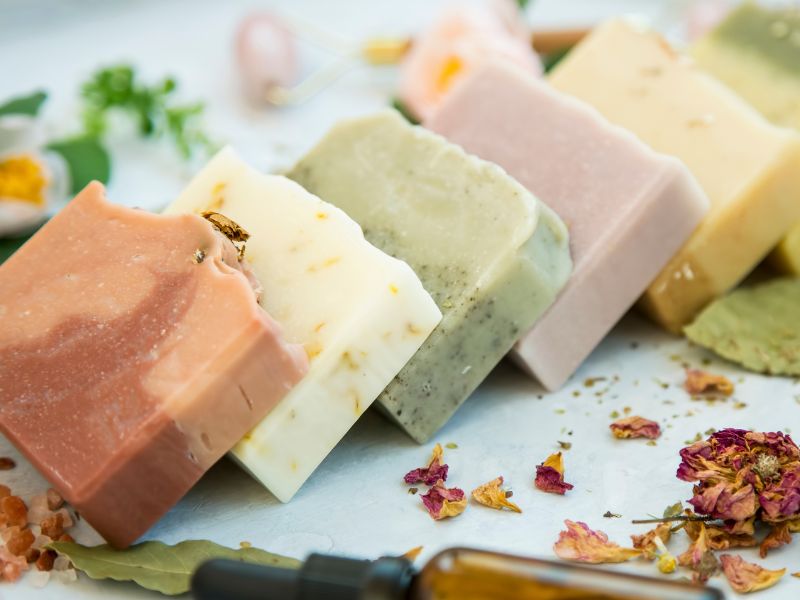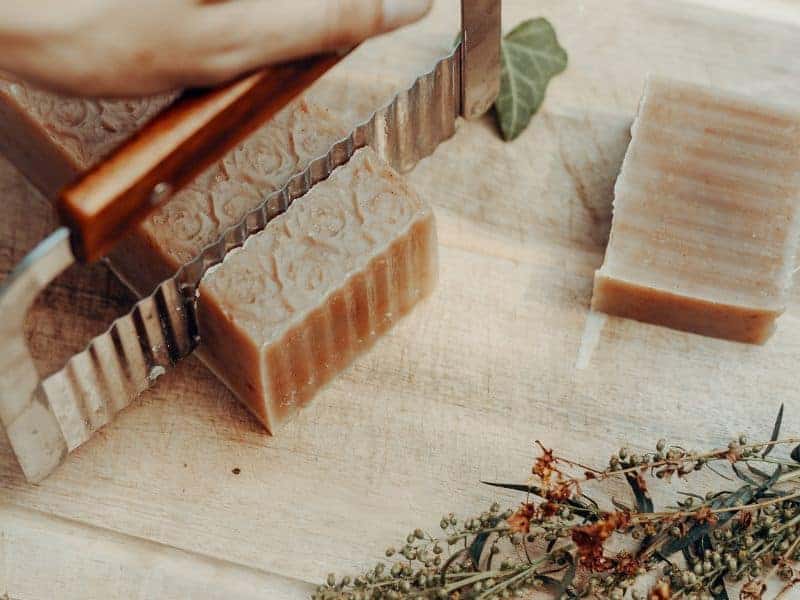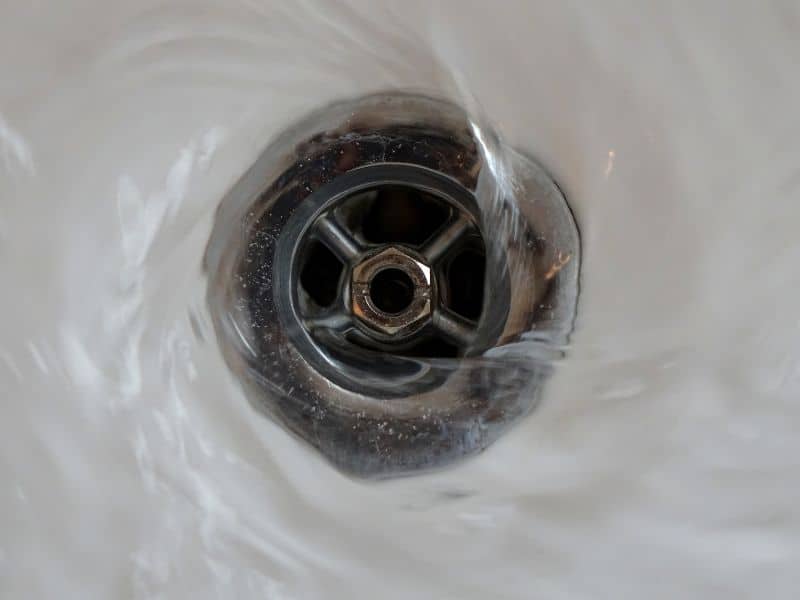Essential oils are a great way to add fragrance to your soap. When you’re first starting out making soap, it can be overwhelming to know which essential oils to use in your soap. Some essential oils are better than others when it comes to making soap.
Some are not recommended for use in soap at all, so be sure to do your research before adding any essential oil blend to your soap. In this article, we’ll take an insight into essential oils for soap making.
Best Essential Oils for Soap Making
Many essential oils can be used for soap making. The best essential oils for soap making depend on the desired scent of your soap and the properties you want to impart to your soaps.
When choosing essential oils, you also need to choose oils that do not cause skin irritations. Here is a list of some of the best essential oils for soap making.
1. Lavender Oil

Lavender oil is one of the most commonly used essential oils in soap because it smells amazing and has a wide range of healing properties. The scent of lavender oil is floral, sweet, and calming. It’s known to reduce stress and make people feel more alert. This makes lavender oil a great additive to soaps meant for relaxing bubble baths!
Click here to check the latest price on Amazon
2. Eucalyptus Oil

Eucalyptus oil is native to Australia and smells fresh, clean, and woodsy. It’s often used in aromatherapy for its calming effects, but it’s also known for its healing properties like treating muscle soreness and clearing up sinuses. Try adding eucalyptus oil to your soap if you want a relaxing bath after a hard workout!
Click here to check the latest price on Amazon
3. Rosemary Oil

This oil has many benefits, including antibacterial, antiseptic, antifungal, and anti-inflammatory properties. It also helps to improve circulation and reduce inflammation. Because of these properties, rosemary oil is often recommended as a great addition to homemade soap.
Click here to check the latest price on Amazon
4. Sweet Orange Oil

Sweet orange oil has a citrus smell and is commonly used as an antidepressant. This oil has an extremely high concentration of vitamin C, which makes it ideal for treating acne. It also contains many antioxidants that help protect the skin from damage caused by the sun and from pollution.
Click here to check the latest price on Amazon
5. Dark Patchouli Oil

Dark patchouli oil is a great choice for essential oils for soap making. For centuries, this oil has been used as a natural deodorant because of its woody scent that gets rid of odor-causing bacteria. It also contains powerful antioxidants that help fight the signs of aging, so you can look younger by using this oil in your homemade soap.
The aroma of this oil is very strong, which makes it perfect for breathing exercises, meditation, or just relaxing after a stressful day.
Click here to check the latest price on Amazon
6. Cedarwood Oil

Cedarwood oil is another type of essential oil that is great for soap making. It is rich in vitamins A and E, which help make the skin appear smoother and more even-toned while protecting it from free radicals that cause premature aging and sun damage.
This oil also has anti-inflammatory properties that reduce inflammation in the body and help fight against acne by reducing redness and irritation associated with pimples.
Click here to check the latest price on Amazon
7. Clary Sage Oil

Clary sage is a plant native to the Mediterranean region, which contains a group of organic compounds called sclareol, which cause its relaxing and soothing effects. It is commonly used in aromatherapy to relieve stress and anxiety, among other psychological conditions.
For this reason, it’s a great choice to use in your homemade soaps if you want to relax after a long day of work. Additionally, clary sage also has analgesic properties that can help reduce headaches and pain in joints and muscles; this makes it great for people who have arthritis or fibromyalgia.
Click here to check the latest price on Amazon
8. Lemon Oil

Lemon has a wide range of health benefits. It can be used as an antiseptic and antibacterial, and it also works as an antibacterial agent when combined with other ingredients. Here are a few reasons why you should consider adding folded lemon oil to your soap:
- Lemon has antibiotic properties that can help fight infections on the skin
- It can reduce inflammation in the body, which can help relieve pain
- It can reduce blood pressure levels
- It is a strong antioxidant, which means it can help protect against free radical damage
Click here to check the latest price on Amazon
9. Bergamot Oil

Bergamot oil is another essential oil that is useful in soap making. This oil has been used by Native Americans for centuries to treat skin conditions such as acne and eczema. Here are a few reasons why you should consider adding bergamot oil to your soap:
- Bergamot oil can help reduce inflammation and pain in the body
- It can help improve circulation and boost immune function
- It is an antioxidant that can protect against free radical damage
Click here to check the latest price on Amazon
Best Essential Oil Blends for Soap Making
There are so many essential oil blends to choose from when making soap, but there are some that stand out more than others. Here are the top essential oil blends for soap making.
Lavender, Lemongrass, and Rosemary
This woodsy scent pairs well with any kind of soap. The lavender oil has a calming effect on the skin and will help you feel relaxed when bathing with this soap. The lemongrass oil has been shown to have antibacterial properties while also giving off a fresh citrusy smell. Lastly, rosemary oil has been proven to reduce stress levels and improve moods in people who use it regularly on their skin or hair.
Grapefruit, Geranium, and Ylang Ylang
This fruity scent will leave your skin smelling like a garden! It’s perfect for summertime soaps because it reminds people of the beach. The grapefruit oil is great at removing dead skin cells while also Helping to balance out oily skin types. The geranium oil helps treat acne by reducing inflammation caused by bacteria on the surface of your face. At the same time, ylang ylang gives this blend its sweet aroma that’s sure to make anyone happy when they use it every day!
Sweet Orange and Geranium
The sweet orange essential oil is known for its uplifting aroma and can be used in any soap making process. It’s also safe to use on sensitive skin. It does not contain any harmful chemicals or preservatives that would cause irritation or redness if applied directly onto your body without diluting first with water before applying topically.
The geranium essential oil is another great addition because it’s great at treating dryness due to its moisturizing properties. It won’t leave behind any residue after being washed off.
Lavender, Rosemary, and Spearmint
It’s no secret that essential oils are good for your skin, so why not combine them into one soap blend? Lavender is known as being calming and soothing, while spearmint helps to wake up the senses so you can start your day off right!
Rosemary is an antioxidant powerhouse that will help keep those wrinkles at bay! And let’s not forget about lemongrass – this essential oil does double duty: its antibacterial properties make it great for fighting acne breakouts and gives off a fresh citrusy smell which means your shower smells good enough to eat!
Benefits of Essential Oil in Soap Making
Essential oils are a great addition to any soap-making project. They smell amazing, but they also provide a variety of health benefits when used topically. Here are the benefits of essential oil in soap making:
- Help reduce stress and anxiety: Essential oils such as lavender and cedarwood are great for reducing stress and anxiety.
- Reduce signs of aging: Essential oils such as frankincense and lemon are known for their anti-aging properties. They can also reduce the appearance of scars or blemishes from acne-prone skin!
- Improve sleep quality: Essential oils like eucalyptus and peppermint promote better sleep by relaxing your mind before bedtime each night!
- Relieve headaches: Some essential oils have analgesic properties that help relieve headaches due to tension or sinus congestion from allergies or colds/flu viruses (such as lavender).
- Increase circulation in sore muscles: Peppermint oil acts as an anti-inflammatory that reduces swelling while increasing blood flow to the area where it’s applied with hot water!
- Improve Mood: Essential oil can help improve mood because it enters the bloodstream through the skin and impacts the part of the brain that controls emotions.
- Fragrance: Essential oils provide your soap with a pleasant scent. Add essential oil to your homemade soap for a wonderful smell that won’t irritate your skin or fade easily.
What Essential Oils Are Bad For Soap Making
Essential oils are great for adding a lovely scent to soap. But not all essential oils are created equal when it comes to soap-making. Some oils are so potent that they can cause major problems for the soap once it’s in your customer’s hands and use.
Clove Oil
Clove oil is another popular essential oil that has many health benefits, including being good for digestion and treating symptoms from colds and flu. However, it should not be used in soap made for skin or hair because it contains high amounts of the chemical eugenol. Eugenol can cause severe allergic reactions and can even damage internal organs if swallowed.
Calendula Oil
This oil is used medicinally because it has anti-inflammatory properties and helps treat the skin conditions such as eczema and psoriasis. Because it is so good for your skin, you may think it will be ideal in your soap. On the contrary! This oil causes soap to go rancid very quickly, which means a much shorter shelf life for your soap.
Sandalwood Oil
This oil is great for soothing irritated skin, but it’s also an astringent that can cause dryness and irritation in some people. If you’re looking for a great scent without the harmful effects of sandalwood, try lavender instead. Don’t use too much-the fragrance can be overpowering if overused!
Star Anise Oil
Even though this oil is generally considered safe, it can cause issues with the saponification process if too much of it is used in your recipe. This can lead to a soap that never fully hardens, or even one that isn’t even safe for use at all due to excess lye in the bar.
How to Choose Essential Oil For Soap Making
Choosing the right essential oil for soap making involves considering scent, properties, and safety. Follow these steps:
- Scent: Identify the desired aroma for your soap, whether it’s floral, citrus, earthy, or a blend. Try combinations to find your preferred fragrance.
- Properties: Research the therapeutic properties of essential oils, such as antimicrobial, relaxing, or invigorating effects, to enhance your soap’s benefits.
- Purity: Opt for 100% pure, undiluted essential oils from reputable suppliers to ensure quality and effectiveness.
- Skin sensitivity: Avoid oils that may cause skin irritation or reactions, like cinnamon or clove. Choose skin-friendly options like lavender, chamomile, or geranium.
- Usage rate: Follow recommended usage rates, typically 0.5-3% of total soap weight, to avoid overpowering scents or adverse effects.
- Cost: Balance your budget with the desired quality, as some oils like rose or sandalwood can be expensive.
By carefully selecting essential oils, you can create a soap with a pleasing aroma and beneficial properties.
Wrapping Up
Essential oils are the concentrated extracts of several plants and herbs, and they are used in soap making to add fragrance and color. Using essential oils in your homemade soaps can be fun, but it’s important to choose your essential oils strategically based on their known properties. This article provides the informative content about the best essential oils for soap making.
Frequently Asked Questions
Lavender, cedarwood, frankincense, lemon, eucalyptus, and peppermint essential oils are all good choices for soap making. Each essential oil has its own unique fragrance and benefits that can be exploited in your homemade soap recipe.
Clove oil, calendula oil, sandalwood oil, and star anise oil should be avoided when soap making. These essential oils can cause problems with the saponification process or lead to an inferior product.
First, decide what kind of benefits you want your soap to have. Do you want it to be relaxing? Energizing? Soothing? Then, choose an essential oil that will complement the other ingredients in your recipe and will provide those benefits to your soap.
Conclusion
Essential oils are a great way to add fragrance and benefits to your homemade soap. When choosing essential oils for soap making, it is important to consider the known properties of each oil and how they will interact with the other ingredients in your recipe. By using essential oils wisely, you can create a soap that has a beautiful fragrance and provides some health benefits as well.

